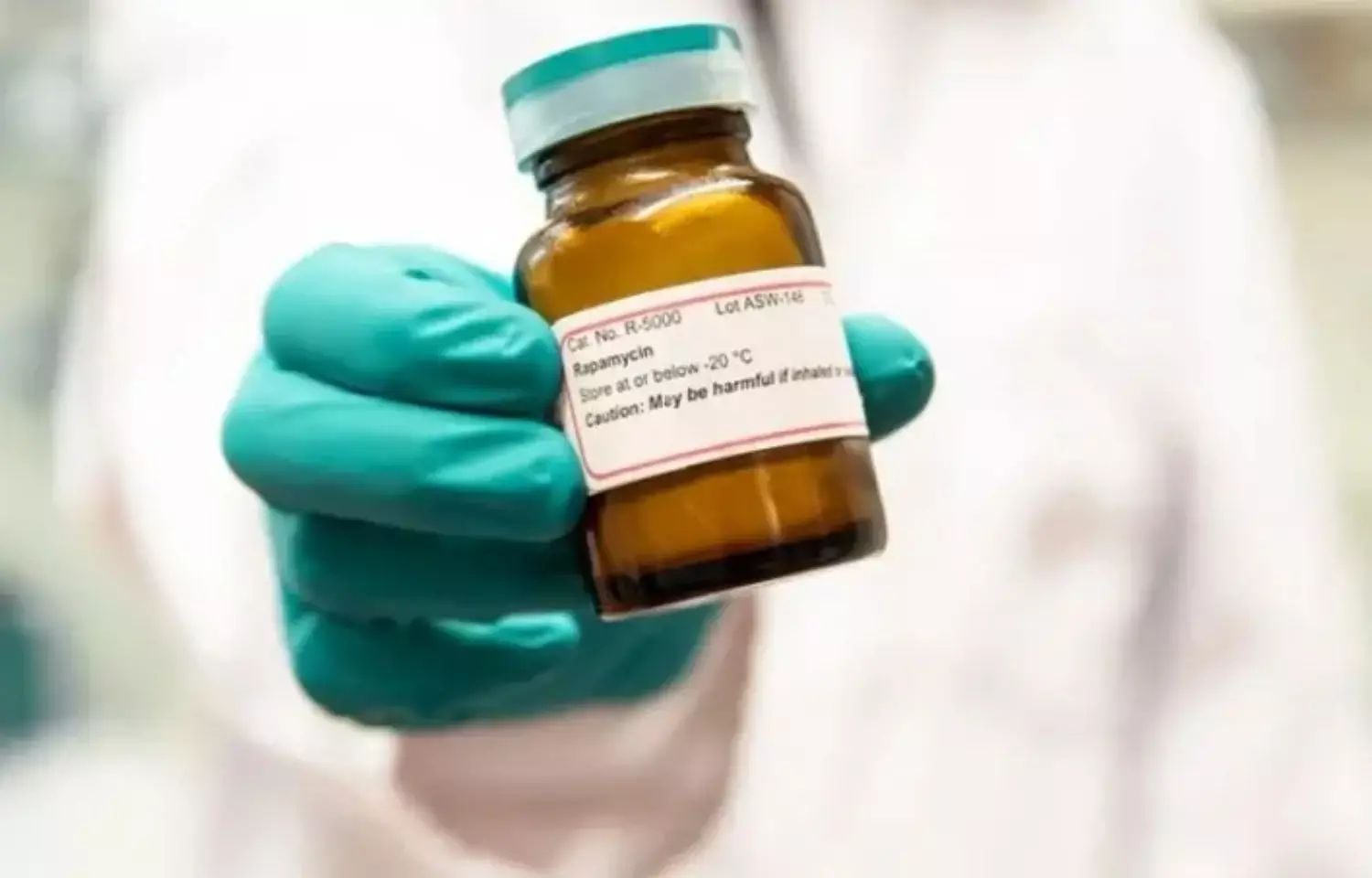- Home
- Medical news & Guidelines
- Anesthesiology
- Cardiology and CTVS
- Critical Care
- Dentistry
- Dermatology
- Diabetes and Endocrinology
- ENT
- Gastroenterology
- Medicine
- Nephrology
- Neurology
- Obstretics-Gynaecology
- Oncology
- Ophthalmology
- Orthopaedics
- Pediatrics-Neonatology
- Psychiatry
- Pulmonology
- Radiology
- Surgery
- Urology
- Laboratory Medicine
- Diet
- Nursing
- Paramedical
- Physiotherapy
- Health news
- Fact Check
- Bone Health Fact Check
- Brain Health Fact Check
- Cancer Related Fact Check
- Child Care Fact Check
- Dental and oral health fact check
- Diabetes and metabolic health fact check
- Diet and Nutrition Fact Check
- Eye and ENT Care Fact Check
- Fitness fact check
- Gut health fact check
- Heart health fact check
- Kidney health fact check
- Medical education fact check
- Men's health fact check
- Respiratory fact check
- Skin and hair care fact check
- Vaccine and Immunization fact check
- Women's health fact check
- AYUSH
- State News
- Andaman and Nicobar Islands
- Andhra Pradesh
- Arunachal Pradesh
- Assam
- Bihar
- Chandigarh
- Chattisgarh
- Dadra and Nagar Haveli
- Daman and Diu
- Delhi
- Goa
- Gujarat
- Haryana
- Himachal Pradesh
- Jammu & Kashmir
- Jharkhand
- Karnataka
- Kerala
- Ladakh
- Lakshadweep
- Madhya Pradesh
- Maharashtra
- Manipur
- Meghalaya
- Mizoram
- Nagaland
- Odisha
- Puducherry
- Punjab
- Rajasthan
- Sikkim
- Tamil Nadu
- Telangana
- Tripura
- Uttar Pradesh
- Uttrakhand
- West Bengal
- Medical Education
- Industry
Even short course of rapamycin may provide same anti-aging effects as lifelong treatment

Scientists are exploring methods to combat negative effects of ageing. Although Lifestyle changes can improve health of elderly people, but it may not be sufficient to prevent the ills of older age.
Researchers are toying with idea of repurposing existing cancer drug rapamycin for 'geroprotection' as an additional weapon for prevention of age-related decline.
Rapamycin is a cell growth inhibitor and immunosuppressant that is normally used in cancer therapy and after organ transplantations. "At the doses used clinically, rapamycin can have undesirable side-effects, but for the use of the drug in the prevention of age-related decline, these need to be absent or minimal.
Therefore, we wanted to find out when and how long we need to give rapamycin in order to achieve the same effects as lifelong treatment," explains Dr. Paula Juricic, the leading investigator of the study in the department of Prof. Linda Partridge, director at the Max Planck Institute for Biology of Ageing.
Only brief exposure
The scientists have tested different time windows of short-term drug administration in fruit flies and found that a brief window of 2 weeks of rapamycin treatment in young, adult flies protected them against age-related pathology in the intestine and extended their lives.
A corresponding short time window, 3 months of treatment starting at 3 months of age in young, adult mice, had similar beneficial effects on the health of the intestine when they were middle-aged.
"These brief drug treatments in early adulthood produced just as strong protection as continuous treatment started at the same time. We also found that the rapamycin treatment had the strongest and best effects when given in early life as compared to middle age. When the flies were treated with rapamycin in late life, on the other hand, it had no effects at all. So, the rapamycin memory is activated primarily in early adulthood," explains Dr. Thomas Leech, co-author of the paper.
One step closer to applications
"We have found a way to circumvent the need for chronic, long-term rapamycin intake, so it could be more practical to apply in humans," says Dr. Yu-Xuan Lu, also co-author of the paper. Prof. Linda Partridge, the senior author of the study, comments: "It will be important to discover whether it is possible to achieve the geroprotective effects of rapamycin in mice and in humans with treatment starting later in life, since ideally the period of treatment should be minimized. It may be possible also to use intermittent dosing. This study has opened new doors, but also raised many new questions."
Reference:
Juricic, P., Lu, YX., Leech, T. et al. Long-lasting geroprotection from brief rapamycin treatment in early adulthood by persistently increased intestinal autophagy. Nat Aging, 2022 DOI: 10.1038/s43587-022-00278-w
Dr Kamal Kant Kohli-MBBS, DTCD- a chest specialist with more than 30 years of practice and a flair for writing clinical articles, Dr Kamal Kant Kohli joined Medical Dialogues as a Chief Editor of Medical News. Besides writing articles, as an editor, he proofreads and verifies all the medical content published on Medical Dialogues including those coming from journals, studies,medical conferences,guidelines etc. Email: drkohli@medicaldialogues.in. Contact no. 011-43720751


